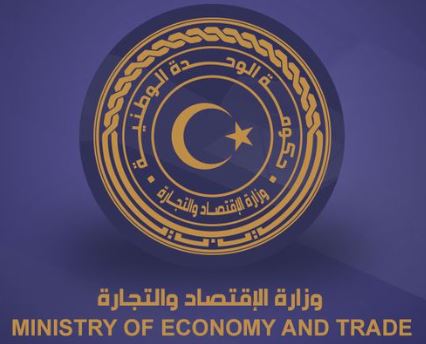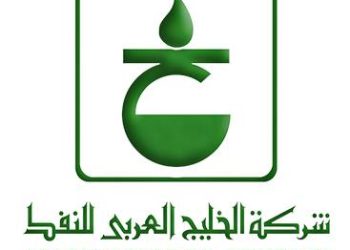The Acting Minister of Economy and Trade, Suhail Abu Shiha, met with the committee formed by merchants yesterday at the Ministry’s headquarters, to discuss the circular issued by the Ministry regarding the necessity of banking operations related to export and import to be carried out through official banking operations.
The meeting was in the presence of the Minister’s advisor and the Director of the Domestic Trade Department and the Department of International Cooperation and Trade.
The Economy Ministry reported that the attendees discussed the obstacles and difficulties facing merchants by the Central Bank to open bank credits, while the committee formed by merchants confirmed that such measures cause confusion in the flow of basic goods and eliminate small merchants.
The Acting Minister of Economy and Trade also indicated that the procedures for opening bank credits come in accordance with the state’s legal legislation according to Commercial Activity Law No. 23 of 2010 AD.
He said illegal transfers of currency (through the black-market) cause inaccuracy of the import and export data contained in the state’s national accounts. They also help in creating a parallel market for foreign currency, indicating that the size of opened letter of credit exceeded 12.5 billion dollars, exceeding 60 billion Libyan dinars.
Black market v official exchange rates?
Pointedly, the Ministry reported that the Acting Minister wondered during the meeting how companies that supply goods through the parallel market at a price of 6 dinars to the dollar can compete with companies that obtain credit at a price of 4.80.
Market demand met through official transactions?
The Acting Minister, the Ministry reported, stressed that credits had been opened for all market needs and quantities that (in his assessment) exceed local market consumption. He stressed that the Ministry of Economy and Trade will work to preserve the rights of consumers and merchants, noting that work will be done to address the bottlenecks arising from the implementation of the law with the relevant authorities.
Analysis
Control the black-market rate of hard currencies
Analysts and commentators say the attempt to restrict the payment of imports to official banking transactions is an ongoing attempt by the government and the Central Bank of Libya (CBL) to control the black-market rate of hard currency. The U.S. dollar had spiked to over LD 6 to the dollar after hovering between 5.00 and 5.20 for about two years.
Control inflation
The spike of the black-market exchange rates has been inflationary, causing prices of imported goods to rise. This reflects negatively on both the Tripoli government and the CBL.
Reduce demand reduce the black-market hard currency exchange rate
By restricting import transactions to those conducted through banks, the CBL and Tripoli government hope to reduce demand for hard currency in the black-market and its exchange rate.
Taxing the grey economy
By restricting the payment of imports to official banking transactions, the authorities would also have a better chance to tax small businesses operating in the cash grey economy.
Small business is more agile to demand and supply
The problem for the authorities is that small business is very flexible to both demand and supply. They can react to gaps in the Libyan market and can take advantage of offers, sales and price opportunities abroad and import the goods in a relatively short period of time. They are much more responsive to market conditions.
By operating through cash in the grey market they are also able to avoid the bureaucratic Libyan banking system, including the letters of credit system.
Fruit and Vegetable supplies from Tunisia and Egypt
There are also sectors where payment through the banking system do not work. For example, Tunisian and Egyptian SME exporters and farmers engage in instant cross-border trade, especially for seasonal fruit and vegetables. These type of farmer exporters are used to the traditional cash-based transactions, reacting to the farming season and instant demand from Libya based on phone calls as prices in Libya become favourable.
Continued demand for black-market hard currency reflects shortages
The continued demand for black-market hard currency reflects shortages in goods and services that large businesses are unable or unwilling to meet.
The demand also reflects shortages of goods and services such as education and health. The failure of the government to improve the health sector fast enough means many Libyans still seek their medical needs abroad. They most often pay for this through hard currency purchased on the black-market.
The black-market exchange rate reflects confidence in the political situation
It must also be understood that the black-market foreign exchange rate also reflects the confidence or lack of it by traders in Libya’s political situation.
CBL allows for opening of LCs for imports through land borders (libyaherald.com)
Tripoli Libyan government reverses decision on imports needing LCs (libyaherald.com)
Imports at ports not paid for by LCs will no longer be released after 31 December (libyaherald.com)










